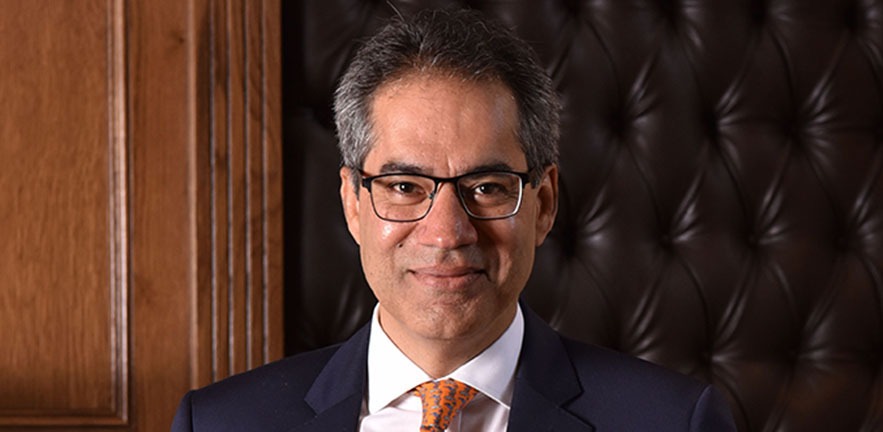by Zhiwan Rong, Research Assistant at the Centre for Strategic Philanthropy
Last month the Centre debuted its executive education programme, entitled ‘Strategic Philanthropy in Emerging Markets: Maximising Impact’.
It was an exciting four-day virtual learning experience, which welcomed a diverse and curious cohort of global philanthropic practitioners from the UK, Singapore, Saudi Arabia, Colombia, Germany, India and more. The programme involved a busy week, where participants were exposed to theoretical concepts around strategic management supplemented by rich and engaging philanthropic case studies from emerging markets.
The programme was built around four critical elements of philanthropic impact: strategy, measurement, financing and governance, and scale. On each day, the programme covered one of these elements in greater detail. The Centre of Strategic Philanthropy’s Academic Director, Dr Kamal Munir, opened the programme by welcoming participants to join an intellectual journey and invited the participants to reflect on what ‘being strategic’ means. The warm and open atmosphere Kamal created set the tone for an engaging programme and encouraged vibrant knowledge exchange throughout the journey.
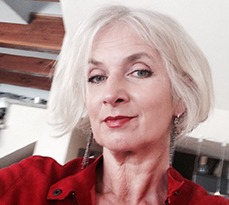
He was followed by our Executive Director Clare Woodcraft, who went on to deliver a case study session on the King Khalid Foundation in Saudi Arabia. A splendid storyteller and an experienced practitioner of strategic philanthropy in the Middle East, Clare introduced participants to the intriguing dilemma faced by the Chief Strategic Officer of this leading Saudi royal family foundation. Participants were informed about the idiosyncrasies of doing philanthropy in the Gulf area. They also had a chance to talk to the Chief Strategic Officer herself to learn about her strategic decision-making process at first hand with great honesty.
Dr Eden Yin’s session on strategic branding complemented the case study as he went on to show participants how philanthropic organisations can leverage their brand for more significant impact. Philanthropic capital is precious and therefore should be used judiciously. Introducing strategic thinking to the realm of philanthropic decision making allows philanthropic practitioners to rethink their cause, direct resources, better understand the critical problems at hand and utilise proven private-sector tools to create more significant impact more efficiently.
If the fundamental goal of philanthropy is to improve human welfare, then philanthropic organisations must know whether they are indeed achieving that goal and if they are doing so in an efficient manner.
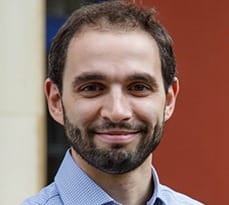
Day two of the programme was centred around the vital concept of impact measurement. Opened by Dr Lionel Paolella, he showed the participants how philanthropic organisations could better utilise their resources and improve lives by identifying gaps in the sector to avoid overlapping efforts. But what counts as impact, and how to measure it? Professor Jennifer Howard-Grenville furthered the discussion by introducing the participants to the intricacies around measuring impact.
Day two’s discussion reached its climax as Dr Bhekinkosi Moyo, Director of the Centre for African Philanthropy and Social Investment, dialled in from Johannesburg to show participants macro and micro-barriers to impact in Africa. The critically essential topics he brought up, such as how colonial and racial power dynamics affect philanthropic practices in emerging markets like Africa, echoed with the thought-provoking dialogues exchanged during our Centre’s #ShiftThePower seminar series.
Securing funding and implementing good governance practices are also important in creating sustainable impact. Dr Thomas Roulet continued the discourse on impact on day three. With buoyant energy and refreshing humour, he opened the day by inviting participants to think about using networks and partnerships to maximise impact by working with the wider philanthropic ecosystem.
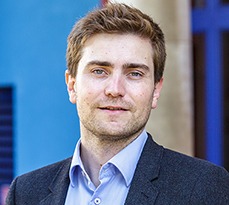
Dr Khaled Soufani then discussed hybrid finance and impact investing as powerful alternatives to traditional grant-making and attracting investments through alignment with the Sustainable Development Goals. His pragmatic recommendations on locking in long-term investment and his cheerful, can-do attitude made the session one of the week’s highlights. Dr Simon Learmount’s session on governance was also popular among participants, no doubt because governance is a critical and often overlooked topic.
As philanthropic organisations continue to grow, they inevitably face the problem of scaling up. While much of the upscaling logic comes from the private sector’s growth experience, philanthropic organisations need to consider how to scale and continue achieving significant positive social impact. With her in-depth knowledge and years of experience with philanthropy in Southeast Asia, Dr Shonali Banerjee opened day four with an insightful case study session on the Tanoto Foundation, a successful family foundation in Indonesia. Joining her were the Foundation’s CEO Dr Santrijo Tanudjojo and senior members of his executive team. Participants learned about the Foundation’s inspiring upscaling transition journey and had the chance to be coached directly by the CEO on building a communications strategy and maintaining good working relationships with board members across generations.
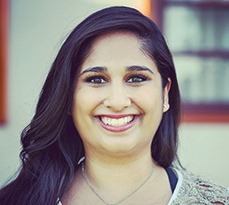
Next, Professor Jaideep Prabhu and Mr Andrew Jenkins used international humanitarian organisation BRAC to illustrate how non-governmental organisations (NGOs) and social enterprises can increase scale and build a revenue generation model. Although BRAC’s story is very well-known to the philanthropic sector, Jaideep and Andrew provided participants with novel insights from both academic and practitioner perspectives. Dr Thomas Roulet returned to the meeting room with his signature energy and concluded the programme with a motivating session on how leadership helps increase scale and impact.
With inspiring teaching from the faculty and valuable insights provided by experienced practitioners on the ground, the programme flew by and was over before we knew it. A diverse range of concepts were covered with both depth and breadth, knowledge was exchanged, and lasting connections built. Participants particularly enjoyed the case studies, where leaders of leading philanthropic organisations very openly shared their successes and failures. Moreover, they valued the opportunity to network with other professionals within the sector across the globe as occasions like this are not always easy to facilitate.
The sessions on collaboration, leadership and governance were also highly praised by participants as helpful for their organisation’s future growth, and they were left with much to reflect on and discuss with their teams. We feel honoured that our programme was so positively received and we are eternally grateful to all faculty members for their contribution to the delivery of this course.


